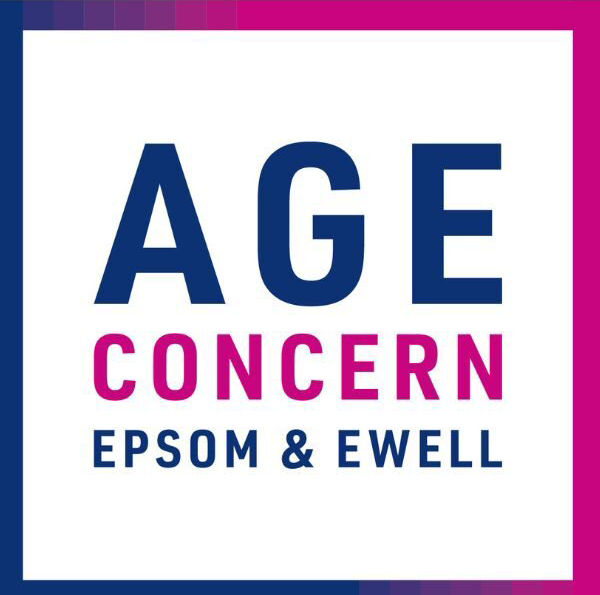We use cookies to help provide you with the best possible online experience.
By using this site, you agree that we may store and access cookies on your device. Cookie policy.
Cookie settings.
Functional Cookies
Functional Cookies are enabled by default at all times so that we can save your preferences for cookie settings and ensure site works and delivers best experience.
3rd Party Cookies
This website uses Google Analytics to collect anonymous information such as the number of visitors to the site, and the most popular pages.
Keeping this cookie enabled helps us to improve our website.
Consent to treatment is the principle that a person must give permission before they receive any type of medical treatment, test or examination.
This must be done on the basis of an explanation by a clinician.
Consent from a patient is needed regardless of the procedure being undertaken. The principle of consent is an important part of medical ethics and the international human rights law.
Defining consent
For consent to be valid, it must be voluntary and informed, and the person consenting must have the capacity to make the decision.
These terms are explained below:
Voluntary
The decision to either consent or not to consent to treatment must be made by the person themselves, and must not be influenced by pressure from medical staff, friends or family.
Informed
The person must be given all of the information in terms of what the treatment involves, including the benefits and risks, whether there are reasonable alternative treatments, and what will happen if treatment doesn’t go ahead.
Capacity
The person must be capable of giving consent, which means they understand the information given to them and they can use it to make an informed decision.
If an adult has the capacity to make a voluntary and informed decision to consent to or refuse a particular treatment, their decision must be respected.
This is still the case even if refusing treatment would result in their death, or the death of their unborn child.
If a person doesn’t have the capacity to make a decision about their treatment, the healthcare professionals treating them can go ahead and give treatment if they believe it’s in the person’s best interests.
Clinicians must take reasonable steps to seek advice from the patient’s friends or relatives before making these decisions.
To find out more about assessing the capacity to consent please visit NHS: Consent To Treatment.
How consent is given
Consent can be given:
- Verbally
- In writing
Someone could also give non-verbal consent, as long as they understand the treatment or examination about to take place, for example, holding out an arm for a blood test.
Consent should be given to the healthcare professional directly responsible for the person’s current treatment, such as:
- A nurse arranging a blood test
- A GP prescribing new medication
A patient may change their mind at any point and withdraw their previous consent.
Consent from children and young people
If they’re able to, consent is usually given by patients themselves.
However, someone with parental responsibility may need to give consent for a child up to the age of 16 to have treatment.
For more information about the rules of consent applying to children and young people, please visit NHS: Consent To Treatment for Children.
When consent isn’t needed
There are a few exceptions when treatment may be able to go ahead without the person’s consent, even if they’re capable of giving their permission.
It may not be necessary to obtain consent if a person:
- With a severe mental health condition, such as schizophrenia, bipolar disorder or dementia, lacks the capacity to consent to the treatment of their mental health (under the Mental Health Act 1983) in these cases, treatment for unrelated physical conditions still requires consent, which the patient may be able to provide, despite their mental illness
- Requires hospital treatment for a severe mental health condition, but self-harmed or attempted suicide while competent and is refusing treatment (under the Mental Health Act 1983) – the person’s nearest relative or an approved social worker must make an application for the person to be forcibly kept in hospital, and two doctors must assess the person’s condition
- Is a risk to public health



 Love me
Love meLove my mind
 A Parkrun
A ParkrunPractice
 Surrey Coalition of
Surrey Coalition ofDisabled People
 Armed Forces veteran
Armed Forces veteranfriendly accredited
GP practice
The Old Cottage Hospital
Alexandra Road
Epsom
Surrey
KT17 4BL
Telephone: 01372 724434
Car park available
Fitznells Manor Surgery
2 Chessington Road
Ewell
Surrey
KT17 1TF
Telephone: 01372 724434
Car park available
Stoneleigh Medical Centre
24 The Broadway
Stoneleigh
Surrey
KT17 2HU
Telephone: 01372 724434
Free Timed Street Parking Only
